Science & Technology

Artificial intelligence (AI) is a topic that’s hot on the tongue of everybody and it often feels unavoidable. There are a million differing opinions on it and how it can be used as a tool. Many people fear that it will go further than being a tool and will begin to take over people’s jobs. One field that AI is particularly prominent in seems to be education.
With the rise of AI in fields and careers like education, one might be curious what educators across the schooling system feel about AI. How do they feel about students using it? How about their co-workers or potentially themselves? Do they have fears of losing their jobs to these robots? Here were my findings over the course of a series of interviews with high school teachers and college professors.

Recently, two confirmed reports of the Nipah virus have been made in India. The two confirmed cases are healthcare workers exposed to the virus in a laboratory setting in West Bengal. Both cases have been contained, with one still in critical condition. This virus is a special concern for many as it draws similarities to another, fairly recent highly infection virus.
The main issue with the Nipah virus is that it can potentially cause encephalitis, which is the inflammation of the brain. Most of the deaths come from seizures and comas, where the brain is too inflamed and stops functioning properly, making specific aid for the virus quite difficult. The World Health Organization (WHO) states, “While there are no specific treatments for Nipah, early diagnosis will promote early supportive care.”
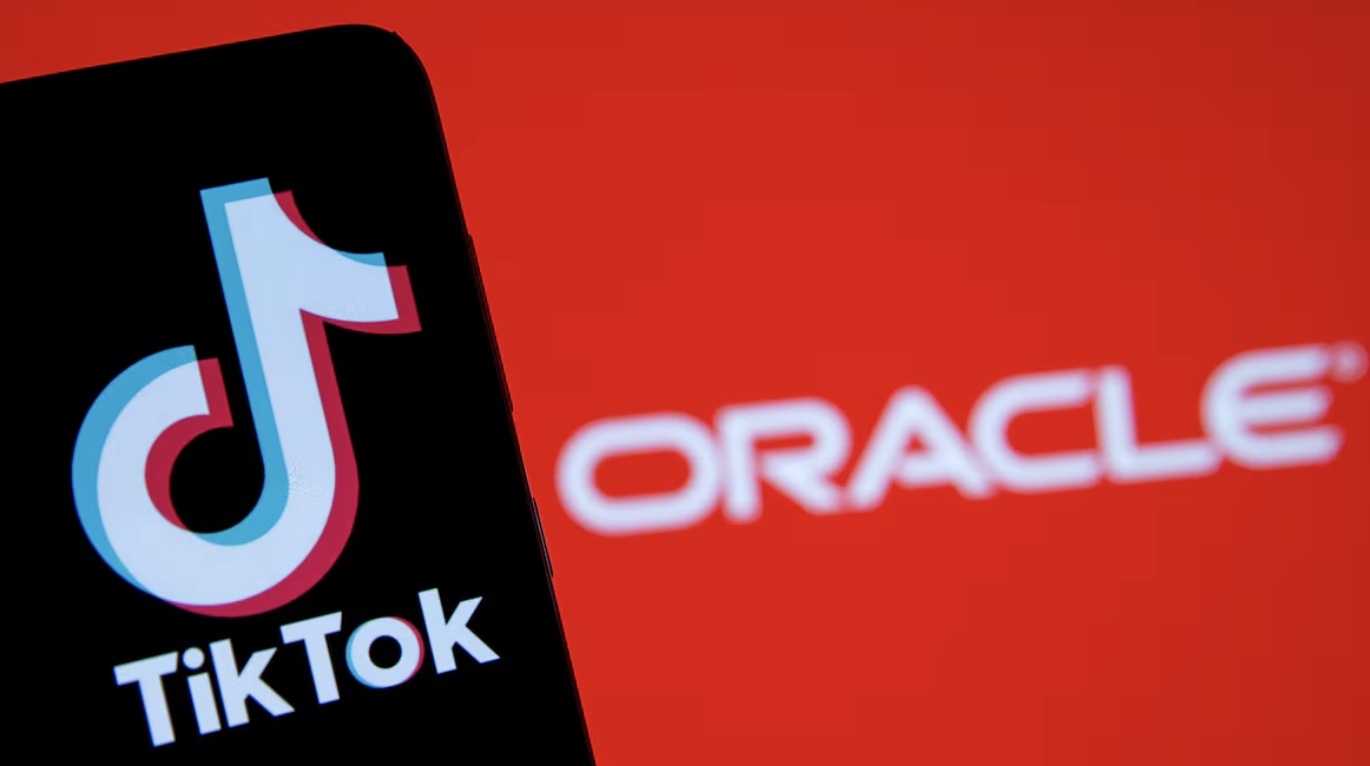
TikTok’s U.S. operations were acquired by a majority-American company this week, in compliance with a September 2025 executive order issuing new terms and conditions and undating the privacy policy for the engaging social media platform.
The change led to another mass exodus of users, particularly over data-collection and concern over media-control in the U.S.
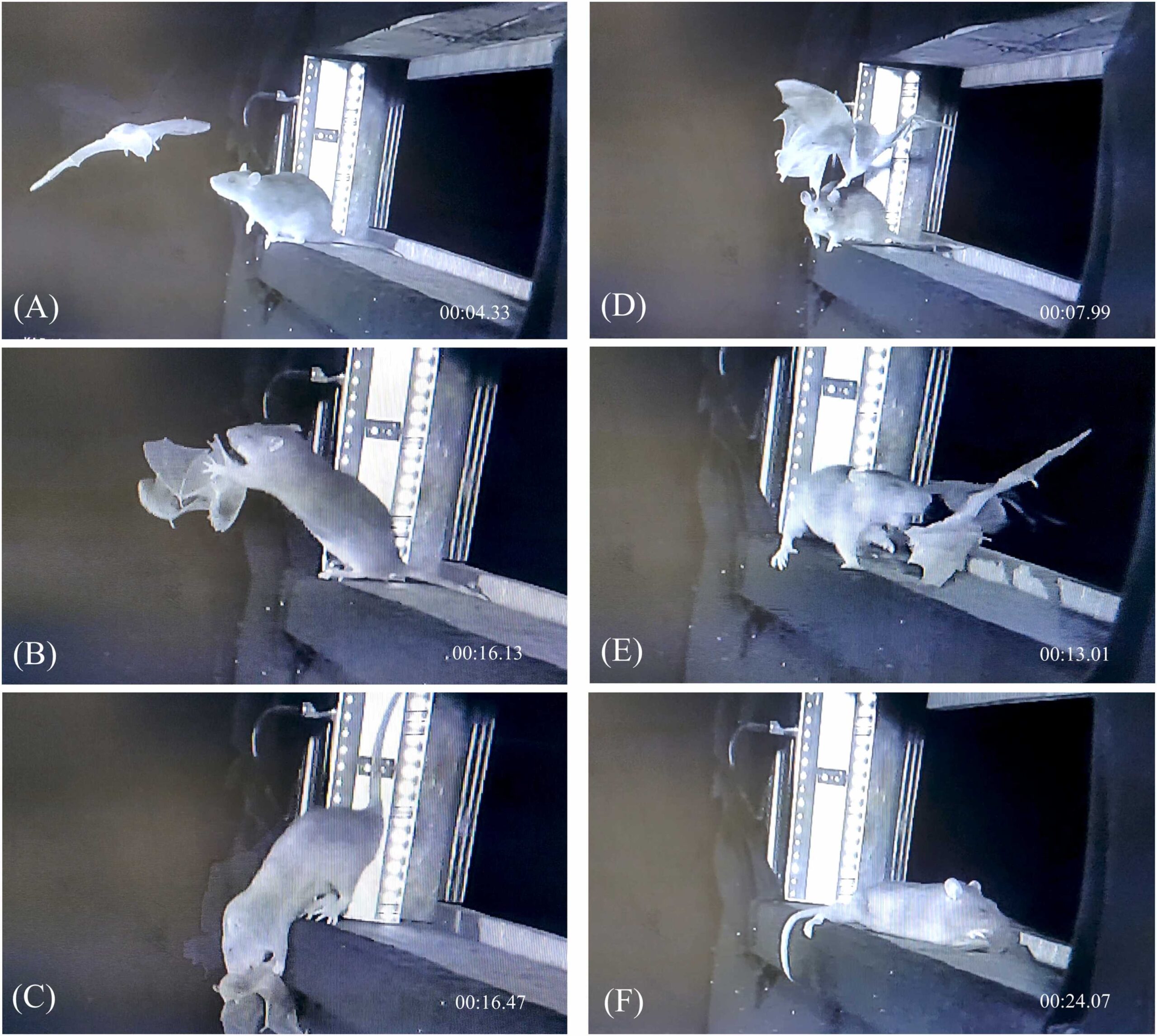
A few months ago, scientists investigated a cave in northern Germany. Inside, a hidden infrared camera captured something strange: A rat hiding in a corner jumped at an unsuspecting bat, jumping out of the shadows before swiftly dispatching it. With bat populations already low, scientists jumped in to research the threat. Rats had never been known to hunt bats, so this encounter bewildered scientists.
The rats were identified as brown rats (Rattus norvegicus), one of the world’s most common and invasive predators. The research team turned to other bat caves around the area to see if they could get similar findings like the one shown on the infrared camera.

Recently scientists have pondered if lakes on ancient Mars could have stayed liquid for years. As new research suggests, there is a chance only the top layer of the lakes could have frozen over, acting as insulation to prevent the rest of the water from freezing.
‘Ancient Mars’ refers to the early, geological history of the red planet, in which it was once teeming with water, and covered with ocean billions of years ago. Now, the planet is pockmarked with lake basins and structures resembling ancient river systems.
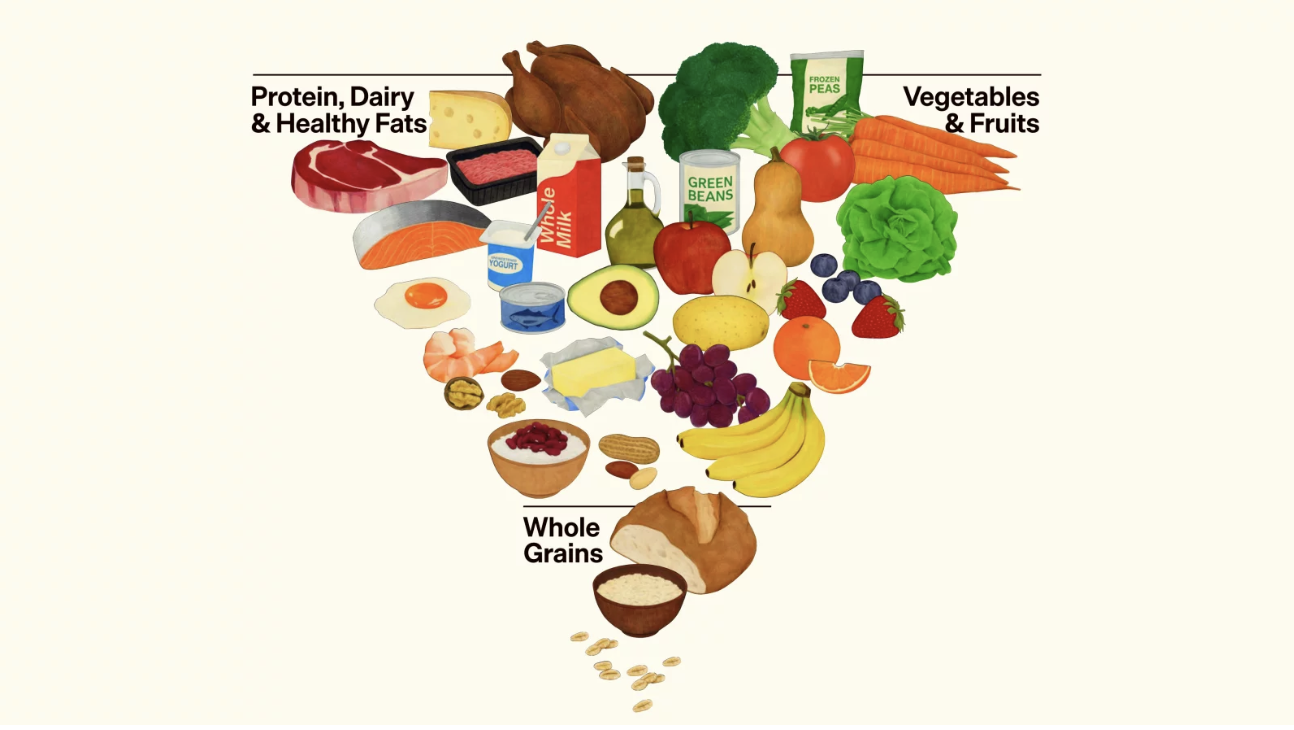
One of Robert F. Kennedy Jr.’s (RFK) most recent controversial public statements regarding public health is the new emphasis on meat and dairy on the food pyramid. While many experts agree with the decision to encourage people to consume fewer processed foods and added sugars, the emphasis on sources of saturated fats is raising alarm.
While RFK intended for this new pyramid to showcase the importance of avoiding “highly processed foods,” many nutrition experts are concerned that foods that are known to be significant sources of saturated fat are featured on the very top.

In connection with the city of Des Moines, Highline’s Marine Science and Technology Center (MaST) has successfully begun preservation work to save marine wildlife living on the Des Moines Marina. By utilizing 30 individual divers, as well as a swarm of community volunteers, thousands of aquatic lives have been saved.
Spanning from August to December 2025, the MaST mission for these events was to do as much preservation and conservation work as possible. During their efforts, crews focused on piers L, M, & N at the marina.
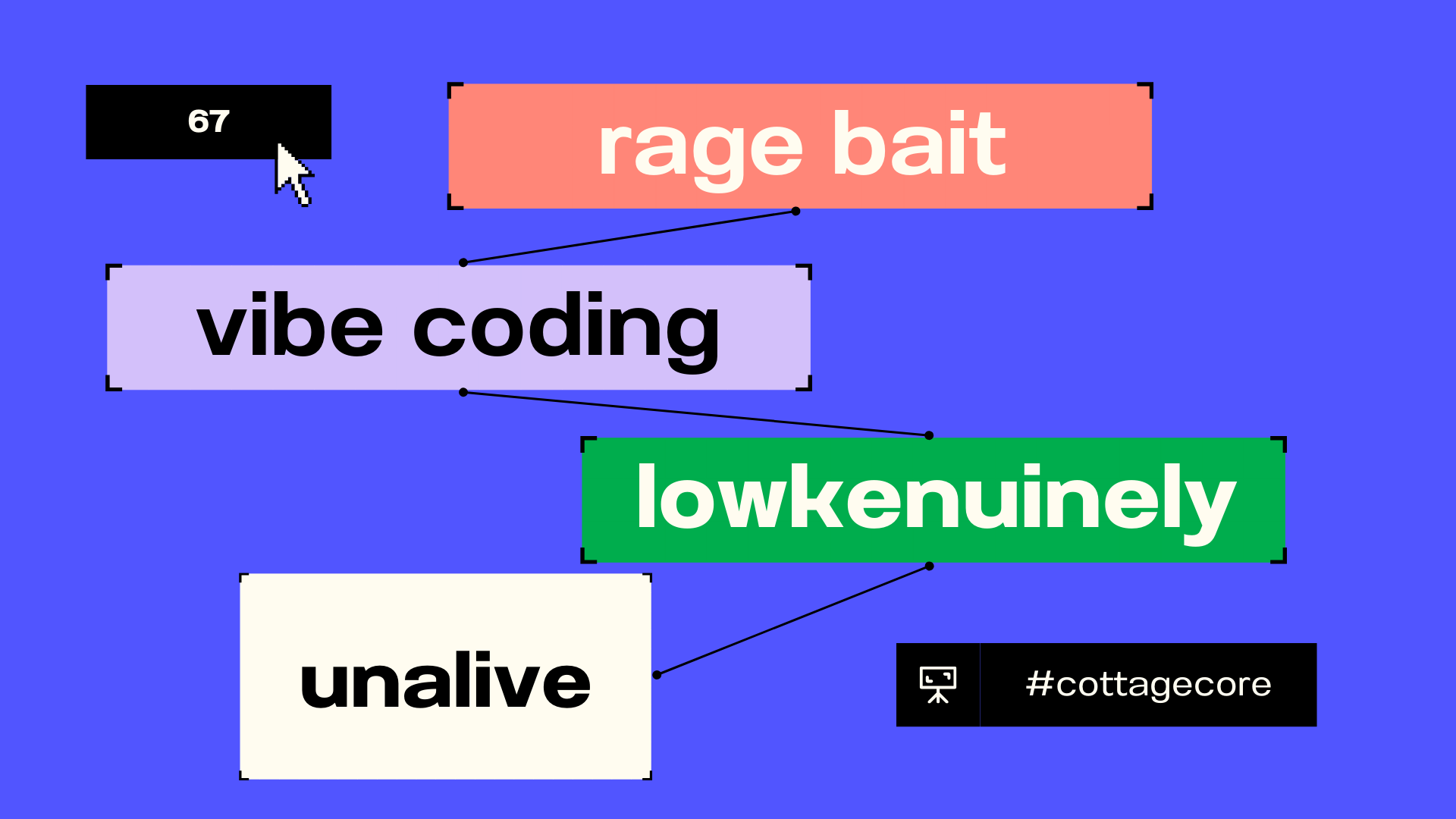
“Rage bait,” “67,” and “vibe coding” all have something in common: They were named Word of the Year by various dictionaries. Another thing they have in common: They are terms that have been pushed by social media algorithms that have made their way to common usage.
Social media has a big influence on our language. The way many people talk online is often different from the language used during in-person interactions – at least that used to be true most of the time. Recently, the language and slang used on social media has seeped into real life conversations more than ever before.

Billions of dollars in funding – from cancer research to investigations into immune cells – have been withheld or terminated entirely by the Trump administration in a political attack on vaccines, targeted outreach programs, and specific language. The cuts affect national institutions and universities alike, and will have consequences for years to come.
The Supreme Court ruled in August that President Trump’s $2 billion in cuts to the National Institute of Health (NIH) will go forward. The largest project affected was a $77 million grant to the Lurie Cancer Center at Northwestern University. The University’s president resigned in September, followed by the Interim President agreeing to pay the US government $75 million to restore research funding.

Social media contributes to growing political division by escalating, increasing strong beliefs, and fueling ongoing conflict. Platforms influence audiences, shape political reactions, and keep people continuously interacting with political information. So how do social media platforms use tactics to keep people engaged with political content?
In the video “Social media and political polarization in America” created by 60 Minutes, one of the interviewees, Tristan Harris, the co-founder of the Center for Humane Technology stated that, “They’re making us see more angry posts about politics so that we can be distracted from our anger, which makes them more money in the end.”
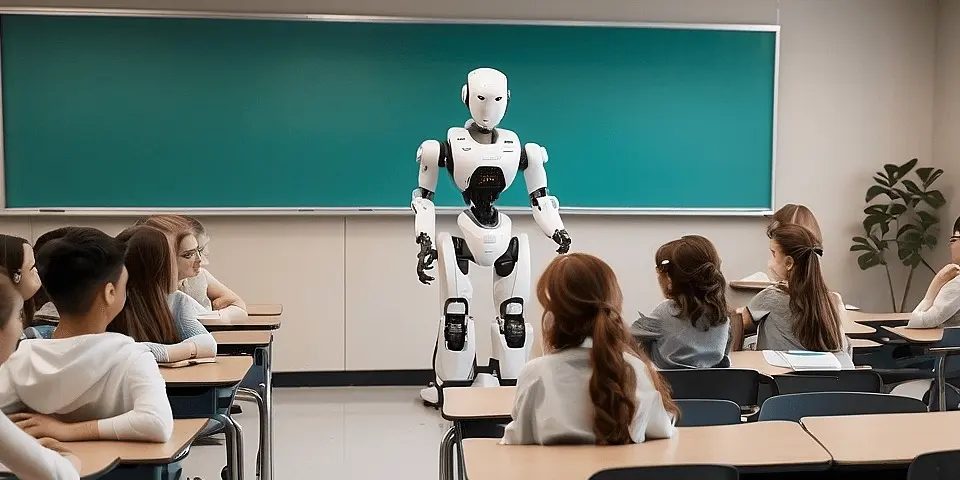
Think about how you use AI in your day to day life and how you’re using it. AI has changed our society in many ways. One specific change is in education.
Let’s start with the good news. AI use has a lot of useful assets when it comes to education. For example, it helps students who learn differently by teaching them in a way they need.

Egypt has unveiled its new “Grand Egyptian Museum” (GEM), just miles away from Cairo and the pyramids of Giza.
This archeological powerhouse boasts the largest collection focused on a single civilization. With its opening, the people of Egypt have a proper resting place for their rich history.
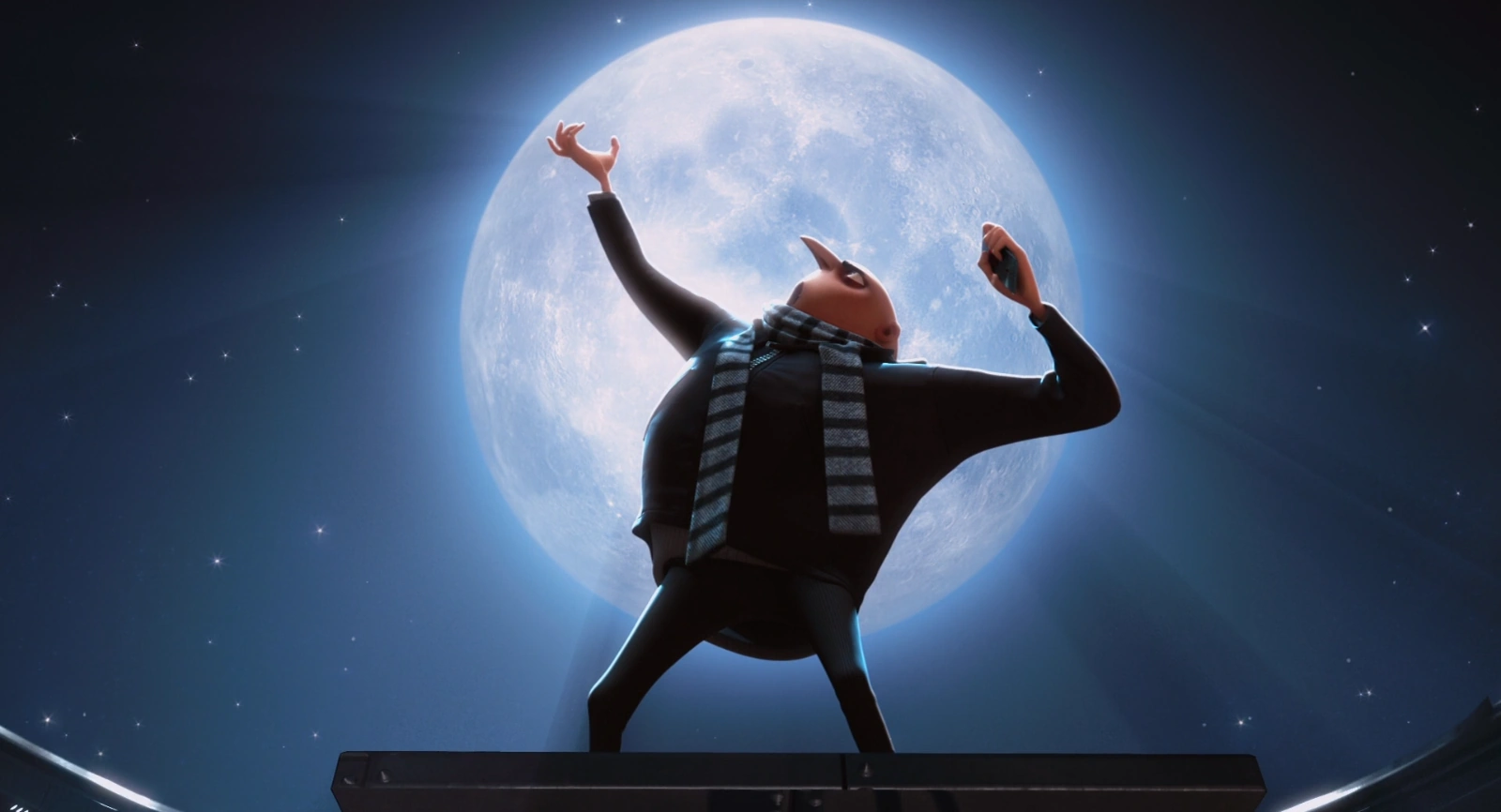
A discovery by the astronomers at the Pan-STARRS observatory in Maui, Hawaii, shows that the Earth has a “second moon,” or a quasi-moon. A quasi-moon isn’t really a moon at all however, it’s just a small asteroid that has decided to tag along with Earth for a while.
The Pan-STARRS observatory is a facility located on the summit of Haleakalā, it is a 1.8-meter telescope that operates as part of the Haleakalā High Altitude Observatories site. The astronomers at Pan-STARRS announced the discovery of the asteroid – named 2025 PN7 – in August of this year.

Did you know that 11% of adults have nyctophobia? For the unfamiliar, Nyctophobia is the fear of the dark, and it often begins at a young age for a variety of reasons.
For example, nyctophobia can stem from traumas associated with dark places, or it simply could come from environmental factors like family members that also fear the dark.

Rebecca Skloot’s “The Immortal Life of Henrietta Lacks” provides an important perspective on consent with cell culture by examining the family of Henrietta Lacks. Should researchers be allowed to use cell samples for scientific research without patient consent? The knee-jerk reaction might be a resounding “No!” This topic is actually much more nuanced than that.
Henrietta Lacks was a Black woman from Baltimore who died of cervical cancer in 1951. During the treatment for her cancer, a sample of her cells was taken without her knowledge. These cells would later be cultured by Dr. George Otto Gey to form the famous HeLa (short for Henrietta Lacks) cell line. This cell line was the first and most prominent cell line to be immortal.

Renowned scientist, conservationist, and activist Dr. Jane Goodall passed away at the age of 91. Her work and legacy impacted vital parts of how humans understand themselves and the world. Before her death, she filmed her “Famous Last Words” documentary via Netflix interview, leaving a parting message for all: preserve and persist.
“When someone important dies, all you long for is just a little more time with them,” these words flash across the screen as the documentary starts.

The endangered JPOD orcas have returned! These orcas visited the south of Puget Sound waters and Tacoma’s Narrows bridge which was a huge shock to all those around to see. Orcas have not surfaced in these waters for nearly 50 years, and it seems they’ve brought with them a new member.
The portion of the JPOD spotted in nearby waters has an exciting family history. Chief among this is the baby they brought with them.

At a recent White House press conference, Donald Trump, with Robert F. Kennedy Jr. in tow, publicly stated that taking Tylenol during pregnancy can cause autism in children, despite this claim being widely unsupported by science.
In the Sept. 22 press conference, Trump stated that “taking Tylenol is not good — I’ll say it: It’s not good,” and further asserted that communities without access to Tylenol have “no autism.”

When you think of tuberculosis (TB), historical images might come to mind. Perhaps you remember it in instances of pop culture, such as in the musical “Moulin Rouge”. Why is the topic of TB even still relevant?
Well, it has a bigger impact than one might think.
John Green’s “Everything is Tuberculosis” is one of the most important books you will ever read.

Photos from the James Webb Space Telescope’s (JWST) view of the Butterfly Nebula, known as NGC 6302, have provided scientists with new understanding of the universe. According to the ALMA observatory, the August 2025 Webb images “offer new insights into the final stages of stellar evolution.” These insights, include inklings to how planets form, and where the building blocks of life begin.
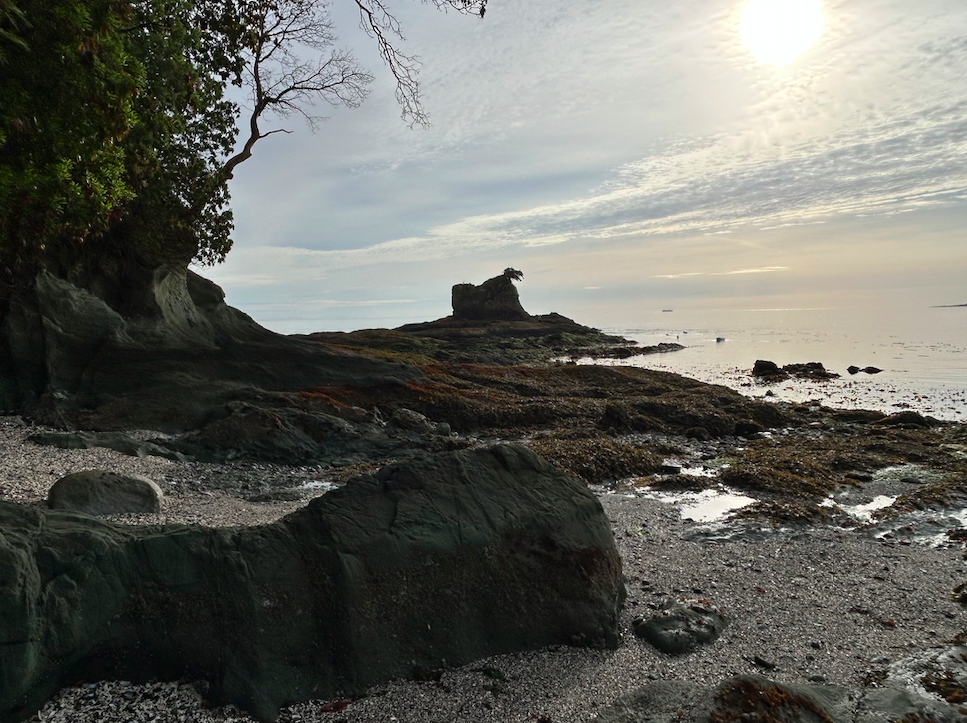
While many folks were begrudgingly returning to work after last week’s Memorial Day holiday, Thunderword reporters & photographers had the chance to join the Marine Science & Technology Center (MaST) during a specimen collection trip.
Typically, these trips are reserved for MaST employees. They are crucial to the center, as they allow them to diversify and reinforce their existing aquarium population.
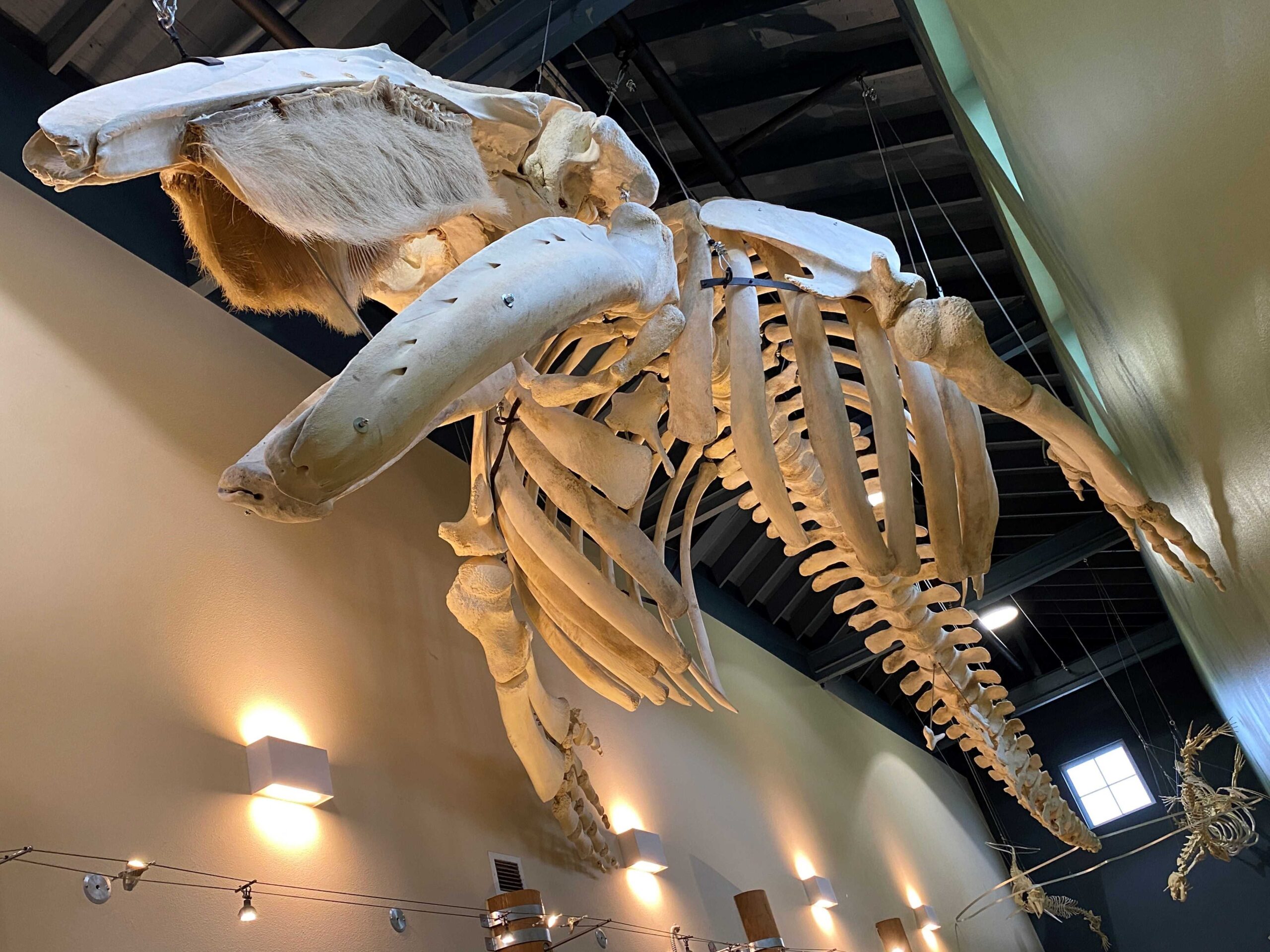
Through every season, tide cycle, and rainy day the circle of life endures. If a whale dies, and washes up on your local shore, how do the powers that be preserve it?
According to four-time whale conservator and marine biologist Rus Higley, step one is simple. Higley runs Highline’s Marine Science and Technology Center (MaST), as an educator he knew the power of having a local whale on display.
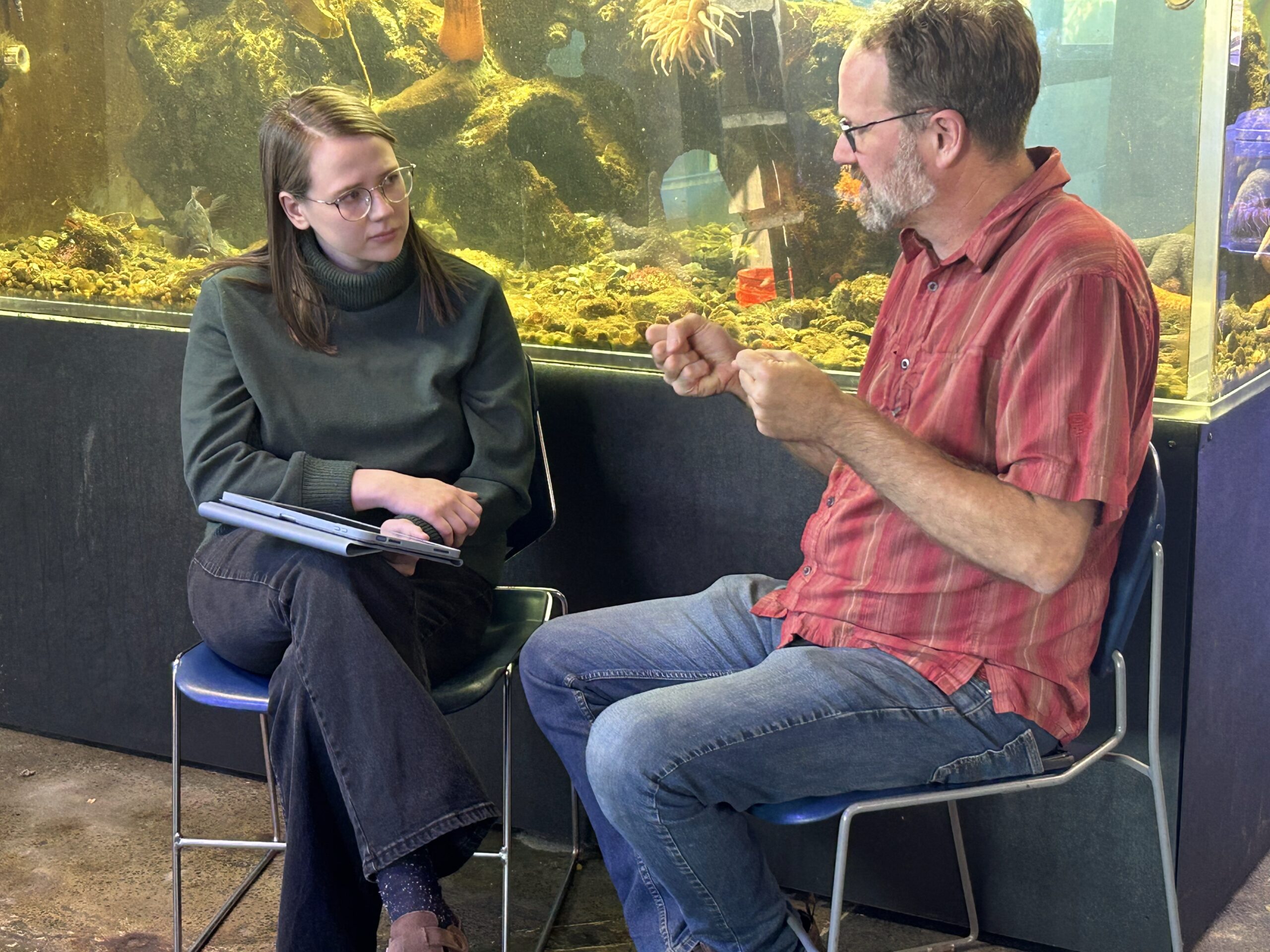
Highline’s Marine Science and Technology Center (MaST) is more than just an aquarium with hundreds of species of native marine life, it is a view into the greater oceanic world around us.
Rus Higley, MaST’s director and knowledgeable caretaker, is a professor of marine biology. His work at the center allows all who enter a chance to have a deeper connection with these creatures living in the Puget Sound.
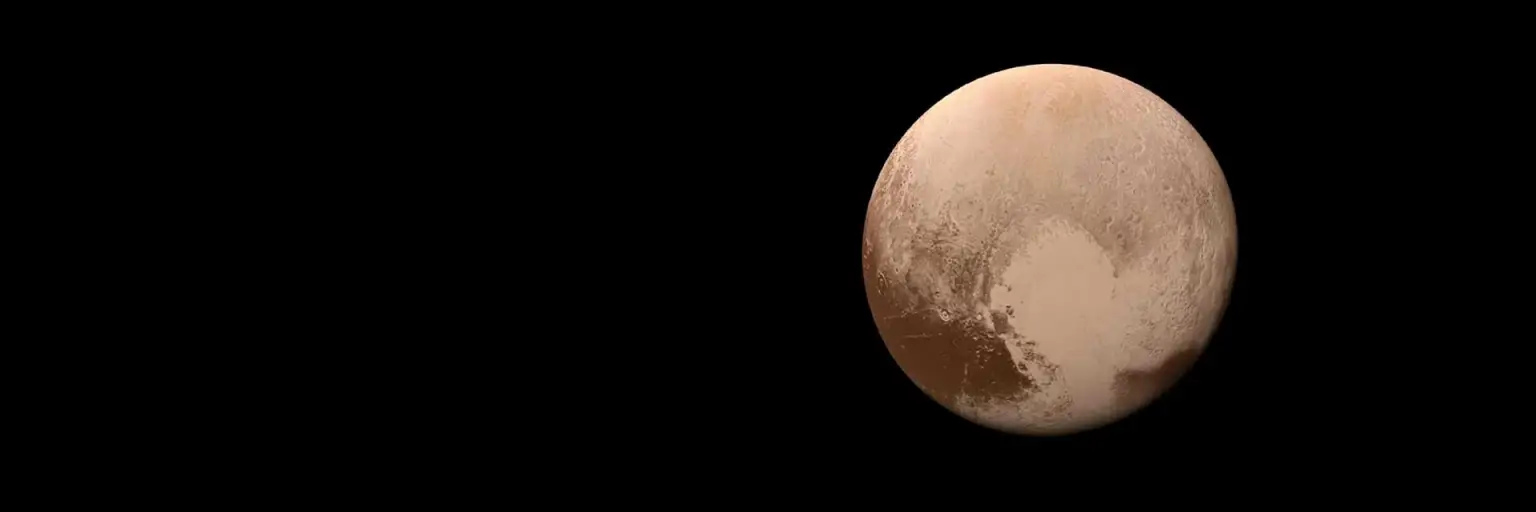
The decision to “demote” Pluto from planetary status back in 2006 caused a wave of disappointment and anger towards the International Astronomical Union (IAU). The backlash from this shows us the dangers of nostalgic thinking.
But why was Pluto no longer considered a planet, seemingly out of nowhere? It was not any sudden discoveries made, but rather a re-evaluation of an old term. At the time of Pluto being established as a planet, there wasn’t a clear definition of what a “planet” even was.
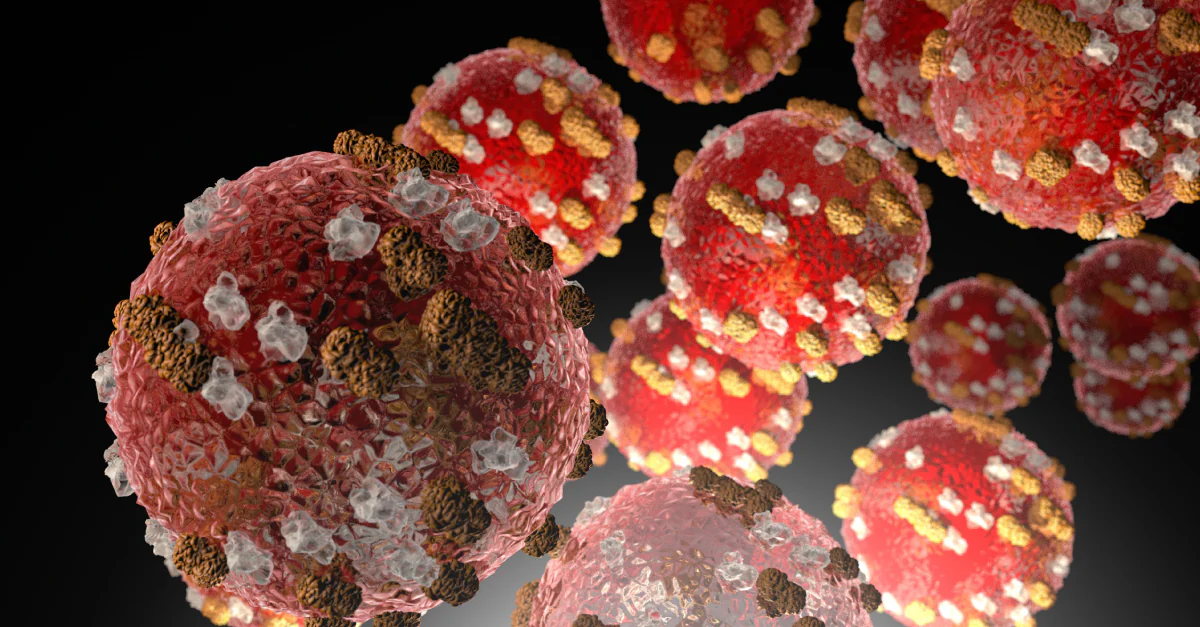
An outbreak of one of the most contagious diseases has occurred in Texas. With over 200 cases of measles and two deaths reported in multiple states at the time of writing, mostly among the unvaccinated, questions must be asked whether the U.S. Department of Health and Human Services and its newly appointed secretary Robert Kennedy Jr. will handle the outbreak appropriately.
Measles is a highly contagious disease that can infect anyone but is especially dangerous for young children and pregnant people. It can be spread through coughing, sneezing, or breathing. The virus can stay on surfaces an infected person has come in contact with for up to two hours, causing a person with measles to infect nine out of 10 unvaccinated people they come into close contact with.

Bill Nye, known as “Bill Nye the Science Guy,” was honored with the Presidential Medal of Freedom earlier this year by then-President Joe Biden. Nye was honored for his line of work for decades in popularizing science and inspiring our future generations, encouraging their interest in the scientific world.
“Bill Nye has dedicated his life to inspiring young people to take an active interest in science,” President Biden stated during the ceremony on Jan. 4, 2025.

As winter wanes and flowers blossom, the familiar buzzing of the pollinators return to campus. The most important of them all: Bees. Often overlooked for their small size, bees play an integral role in maintaining food security within a global ecosystem.
Pollinators work by moving pollen from a stamen to a stigma; for instance, bees are responsible for pollinating the majority of the world’s leading crops, fruits, vegetables, and even nuts and seeds. Without bees the variety of our food supply would go down drastically.

Consumers across the United States are experiencing an egg shortage, raising prices beyond what many households can manage. This problem has been chiefly based on the severe outbreak of avian influenza which has reduced egg production, causing supply chain disruptions and rising feed costs.
Reports indicate that “the current outbreak has affected more than 30 million birds across 25 states,” leading to the culling of millions of hens to prevent the spread of the virus. As a result, egg supplies have declined, and prices have increased.

Snow, rain, wind, and sun, all within an hour is enough to give the squirrels whiplash. However, there are clear scientific reasons behind these rapid changes.
Snowfall is one of the most unpredictable aspects of winter weather. One night, heavy snow blankets the ground, only for it to melt the next day, followed by another round of fresh snowfall. This constant fluctuation can be frustrating for those hoping for a stable winter landscape, especially in the Seattle area.

La Niña, a complex climate pattern in the Pacific Ocean, interrupts normal weather patterns across the globe, and the Pacific Northwest is no exception.
La Niña came through the PNW late winter of last year and Washingtonians felt the impact of devastating winds and dangerous debris. In the months since, multiple news outlets have reported on the widespread damage to people and their homes, recounting the stress those affected have been put under.

Meta is making sweeping changes to moderation of their content with the goal of reducing political bias, however critics are pointing out their changes are going to accomplish the opposite.
After the controversial 2016 election of Donald Trump, there were concerns regarding whether Meta, at the time known as Facebook, was doing their part to prevent the spread of fake news after it was revealed Russia was using social media sites such as Facebook to spread misinformation around the election.

In the wake of the TikTok ban, a new app has emerged as one of the top downloaded apps across Google and Apple app stores, despite political fears of Chinese access to U.S. data. Rednote, known in China as Xiaohongshu, which translates to English as “Little Red Book,” calls into question the attitudes of American citizens in comparison with the Anti-Chinese actions of the new administration.

The U.S. government, under the backdrop of bipartisan apprehension about data security and foreign influence, has followed through on legislation calling for TikTok to either divest from its Chinese parent company, ByteDance, or face a ban.
Though the ban has come and gone, the whiplash may have rendered users and non-users alike confused as to what actually happened.
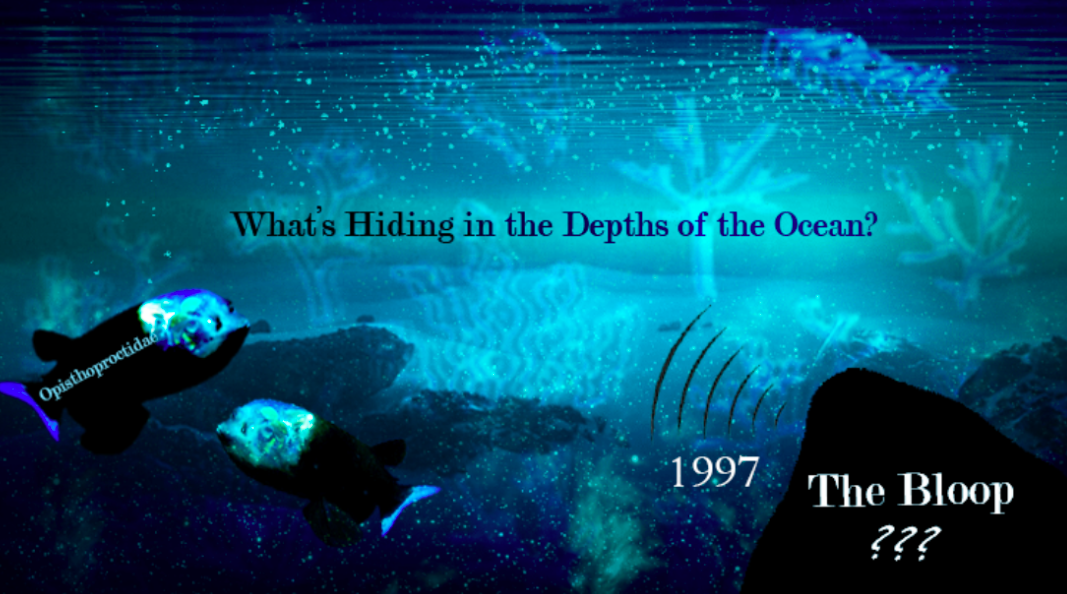
The ocean covers more than 70% of our planet, but we’ve only explored about 5%. Beneath the surface lies a mysterious, unexplored world scientists are just beginning to uncover.
The deep ocean, stretching beyond 200 meters, is a place of crushing pressure, freezing temperatures, and complete darkness—a perfect hiding spot for nature’s strangest creatures secrets.
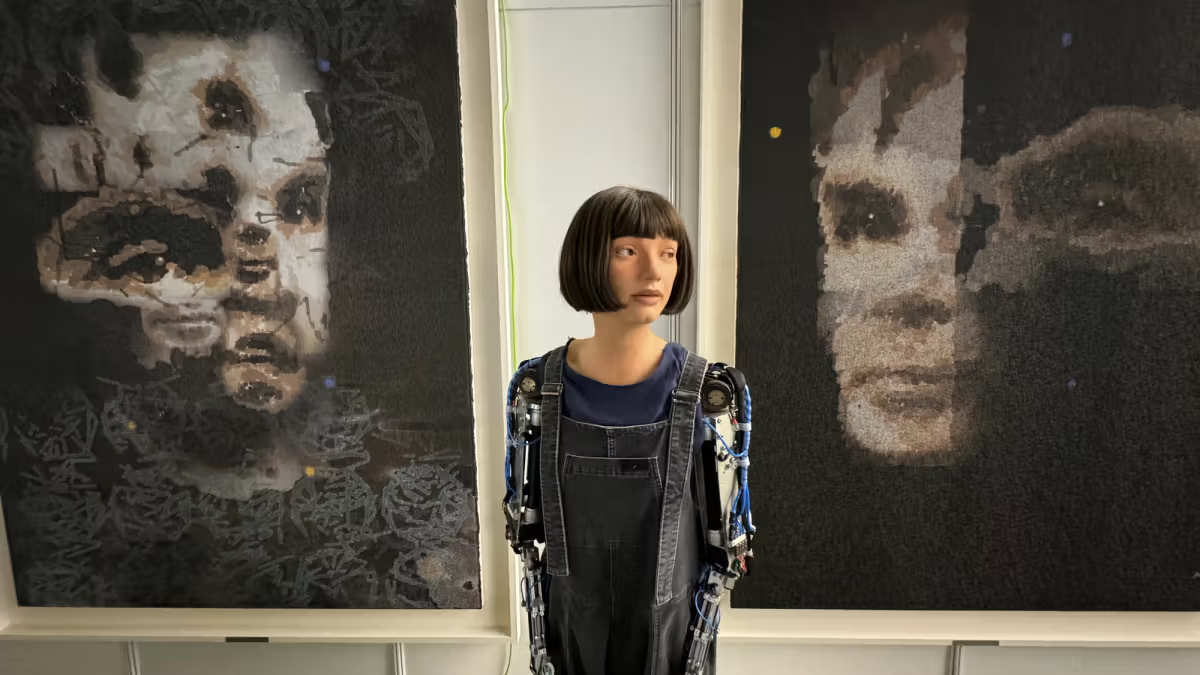
In a fantastic moment for technology and art, Ai-Da, the world’s first lifelike robot artist, sold a painting for over $1 million at a Sotheby’s auction.
The artwork, “A.I. God,” is a portrait of British mathematician Alan Turing, known for his important work in computer science and breaking codes during World War II.

The healthcare system in many countries, particularly in the United States, is often criticized for being inefficient, expensive, and inaccessible. One of the primary reasons for the shortcomings of healthcare is the rising cost of medical services and treatments.
Healthcare in the U.S. is notoriously expensive, with prices for basic services like doctor visits, hospital stays, and medications far exceeding those in other developed nations.
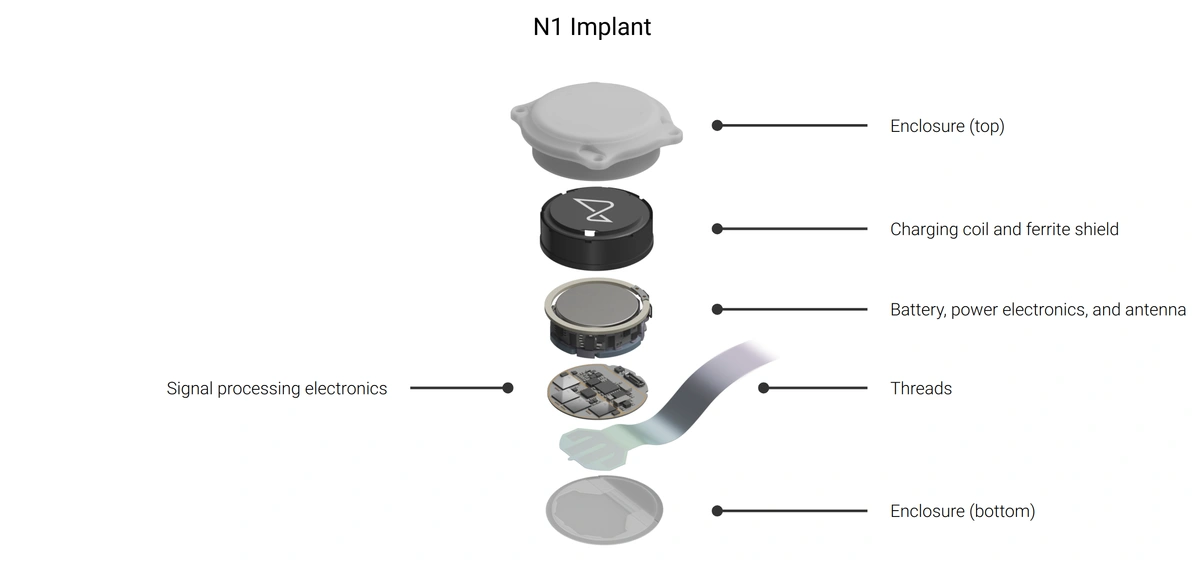
Noland Arbaugh, a quadriplegic, gained control of his body for the first time in January 2024 after undergoing a surgical implantation of “The Link”, a microchip, created by Elon Musk’s Neuralink Corp.
Now, as the technology degrades inside Arbaugh’s head, experts worry about decreased performance as the technology becomes rapidly outdated.
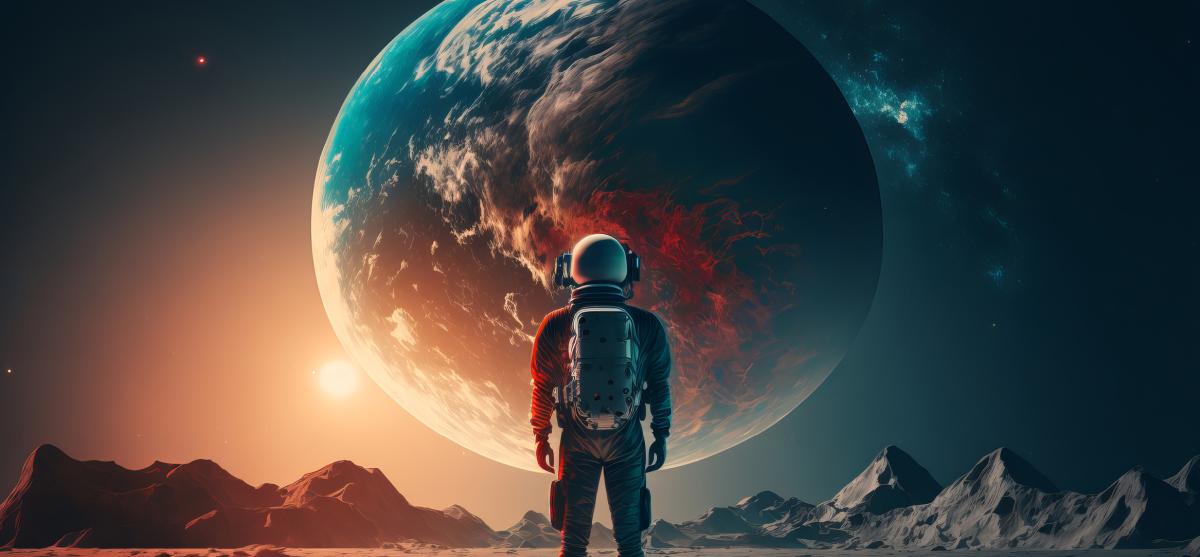
Laurinda Bellinger, an engineer working at Blue Origin, a leading aerospace company located in Bellevue, led the students of Highline in a seminar about the predictions of aerospace in the future, including what various industries would appear and continue to grow.
Bellinger came with informative visuals, comprehensive explanations, and allowed for an extensive Q&A at the end of the lecture.
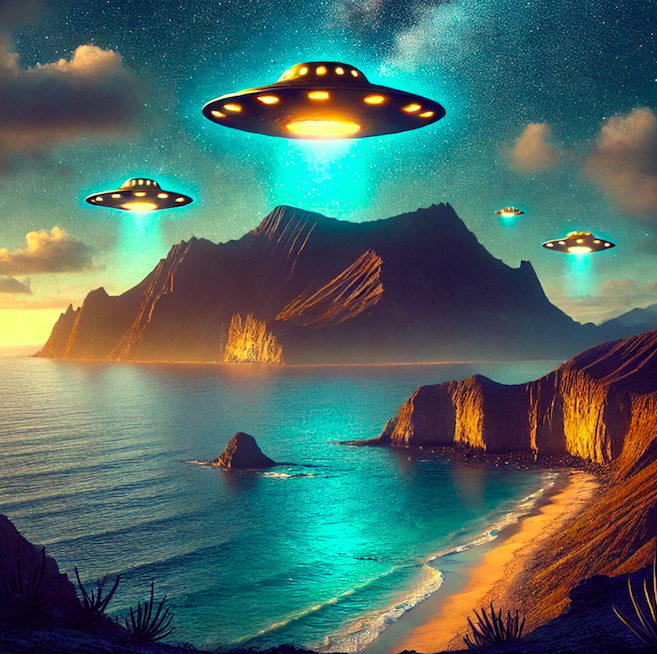
The discussion of UFOs has recently focused on Guadalupe Island, a volcanic island that lies approximately 241 kilometers off the coast of Baja California.
Danny Sheehan, a Harvard lawyer and UFO disclosure advocate, suggests that this remote island might harbor an underwater alien base.

Artificial Intelligence (AI) is transforming the fashion industry, bringing significant changes to design, production, and consumer experiences.
By analyzing a large amount of data, AI enables designers to predict trends, create personalized recommendations, and streamline supply chains, leading to more efficient and responsive fashion businesses.

NASA has achieved a significant milestone in its quest to return humans to the Moon with the recent green light for the Artemis II mission.
Scheduled for launch in 2025, this ambitious mission aims to send astronauts on a historic journey around the Moon, marking a pivotal moment in NASA’s broader Artemis initiative.
Following the success of the Artemis I uncrewed flight test conducted last year, the Artemis II mission is poised to carry a crew of four on a 10-day voyage. The astronauts will orbit the Moon while testing critical systems that are essential for future lunar exploration.

Bringing scientific light onto a quiet class of organisms, HBO’s “The Last of Us” warned us of an impending epidemic by the apocalyptic fungus: Cordyceps. Zombies have been explained to us by the media as lingering electrical impulses in the brainstem (The Walking Dead), a virus that takes over and consumes the human body (World War Z), and most recently: mushrooms.
In the original 2013 action-adventure game, “The Last of Us” creatively avoided using the term zombie, opting for the term infected. It refers to a species of fungus, cordyceps, that infect a hosts’ brain and control them. When idle, infected lie still and allow the cordyceps to grow from them in an attempt to connect to other cordyceps.

For almost 16 years, Twitter stood as one of the most popular social media platforms in the world, but in October of 2022, a certain tech billionaire bought the platform and changed it forever.
Elon Musk needs little introduction in today’s day and age. CEO of SpaceX, Tesla, and cofounder of PayPal and Neurolink, Musk is seen by many as a pioneer in the tech industry.
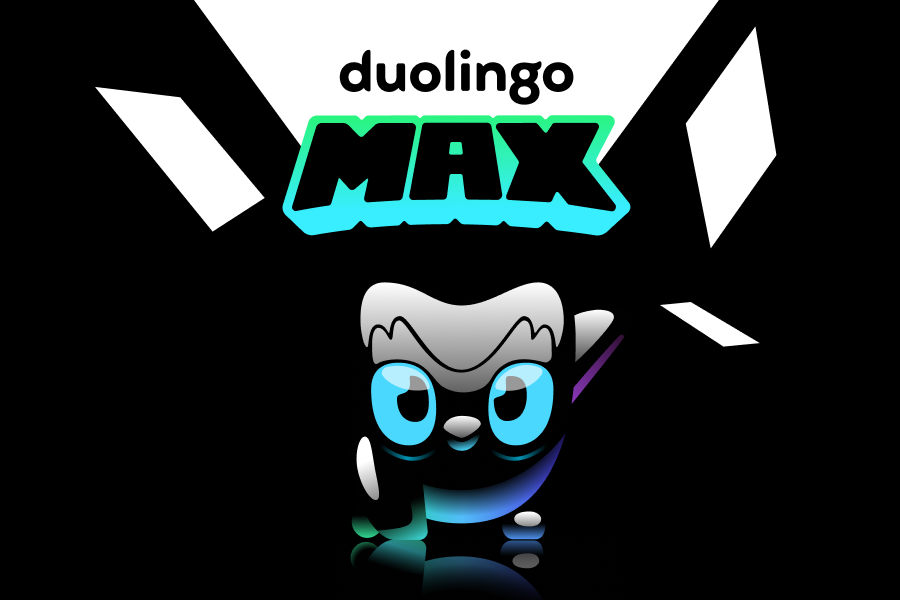
In a world where technology is changing the way we learn, Duolingo stands out as a shining example of innovation.
The app has harnessed the power of artificial intelligence (AI) to create a language-learning experience that is not only effective but also incredibly engaging. With over 500 million users worldwide, Duolingo is transforming the way we approach learning new languages.
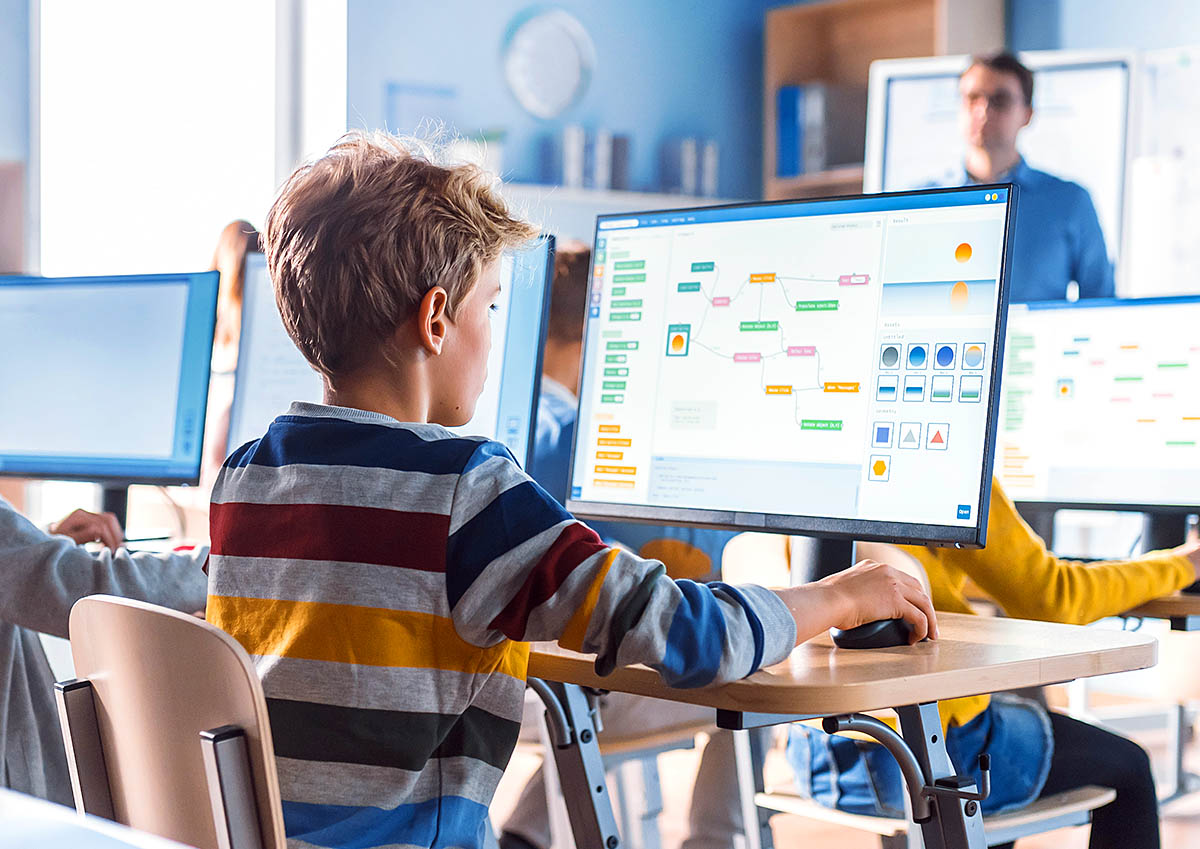
In recent years, the impact that technology has had in the field of education has been a major deal. Ranging from different online learning platforms, to apps and online classrooms that has made it more accessible for students and educators to learn anywhere they want – without being physically present in the classroom.
Technology has had its impact on students, teachers, and administrators from learning platforms, assessment strategy, and grading. It also produced fear of plagiarism, academic dishonesty, and downright cheating through the use of Artificial Intelligence (AI).
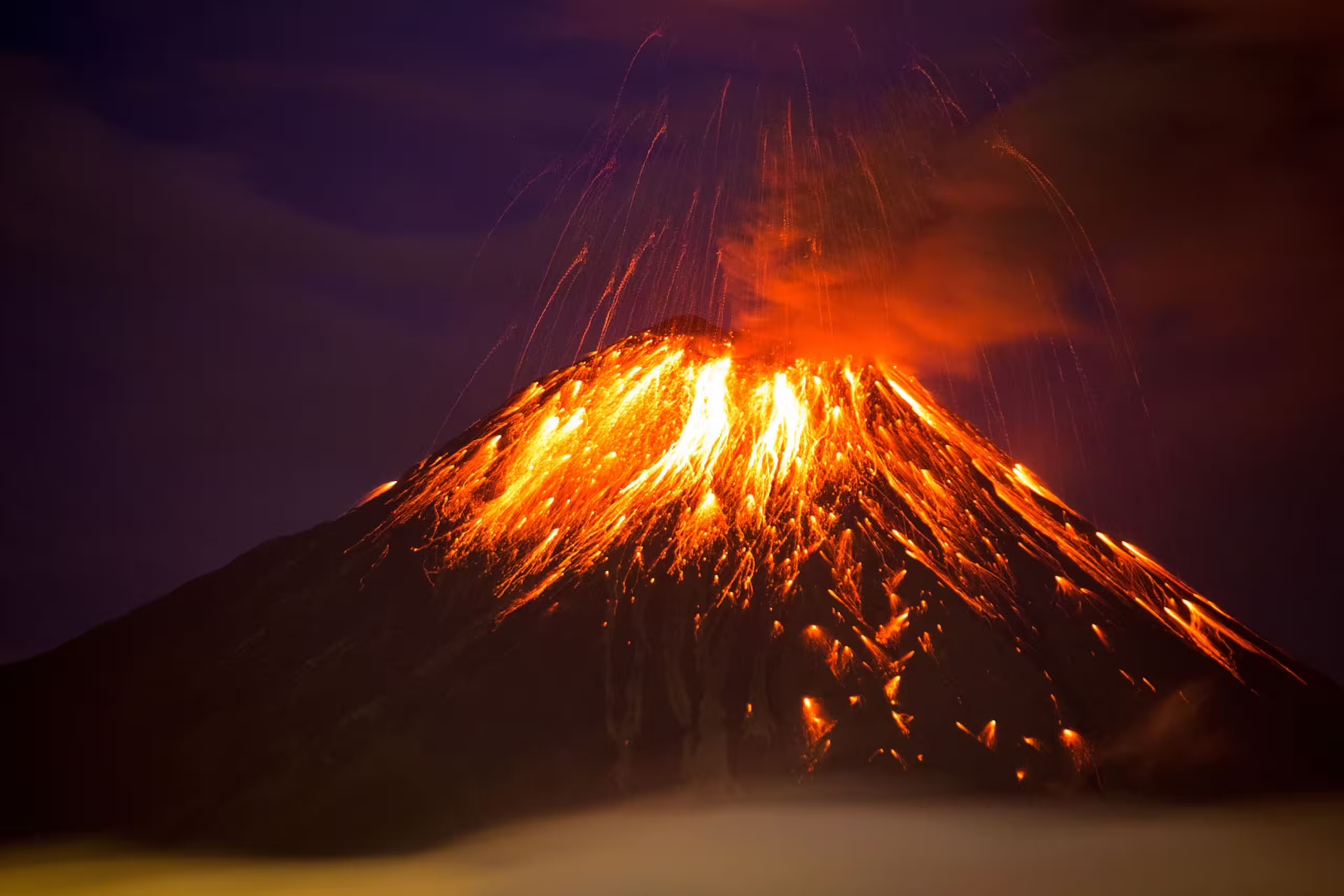
Dr. Eric Baer, a geologist serving as the Chair of Pure and Applied Science here at Highline College, led Highline students into the world of volcanoes, what makes them super, and what a disruption an eruption would cause at his Science Seminar hosted by the college earlier this month.
Baer has studied volcanology, the study of volcanoes, at the University of California, Santa Barbara, before coming to Highline. He’s researched volcanoes, specifically supervolcanoes, across Japan and the United States.
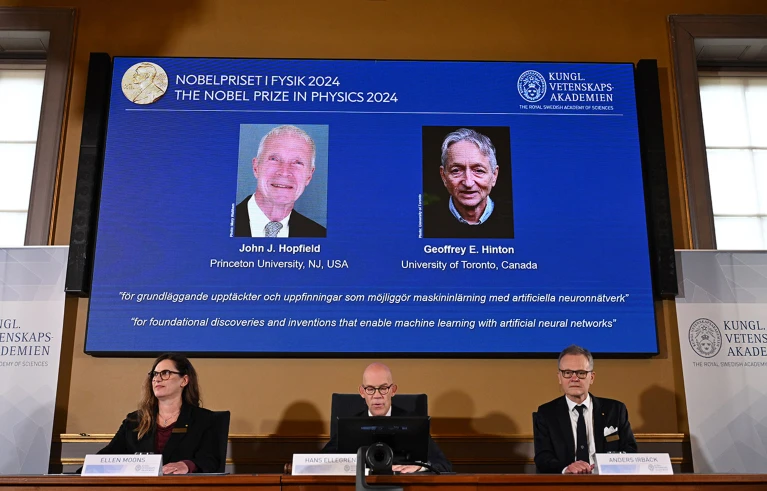
On Oct. 8, in Stockholm, John Hopfield, of Princeton University, and Geoffrey Hinton, of the University of Toronto, were awarded the 2024 Nobel Prize in Physics for their groundbreaking contributions to Artificial Intelligence (AI).
The Royal Swedish Academy of Sciences recognized Hopefield and Hinton “for foundational discoveries and inventions that enable machine learning with artificial neural networks.”

Two American astronauts, sent into space for an eight-day mission by a Boeing Starliner, have been stuck for months on the International Space Station (ISS), as their craft was deemed too risky to safely make the return trip home.
On June 7, 2024, Boeing, in conjunction with the National Aeronautics and Space Administration (NASA), launched the two American astronauts, Barry “Butch” Wilmore and Sunni Williams, into space aboard Boeing’s ‘Starliner’ capsule. The mission: an eight day test of systems aboard Starliner, but this not-exactly-successful mission has turned into an eight-month detour around the planet for the pair.

With Artificial Intelligence (AI) evolving and becoming smarter, faster, and more integrated everyday, have you ever wondered if one day your job positioning might be at the risk of being replaced with AI resulting in you getting laid off?
In the article “AI Job Loss: Shocking Statistics Revealed” by Daniel L., he revealed that in 2023, 37% of companies that are using AI saw workers lose jobs. It is expected that in 2024 there will be another 44% expected more AI-related job cuts.
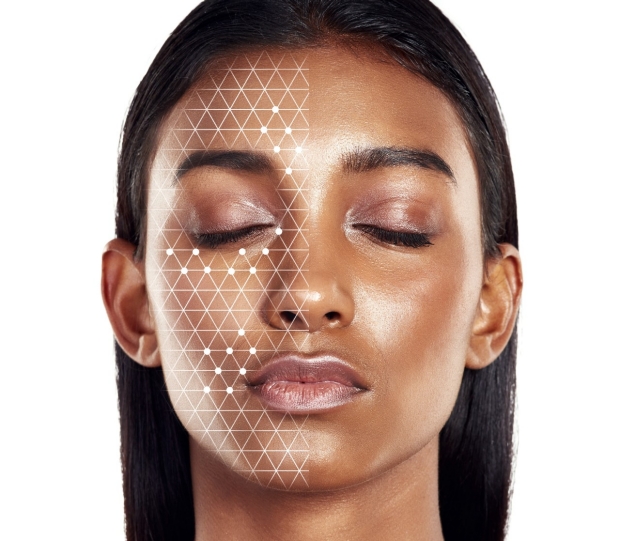
Stanford Medicine has published a groundbreaking study that highlights the transformative power of artificial intelligence (AI) in skin cancer diagnosis.
Professor Eleni Linos, MD, leads the research, which illustrates how deep learning-powered AI can greatly improve the accuracy of skin cancer diagnoses, even for non-specialists, such as primary care physicians and medical students.
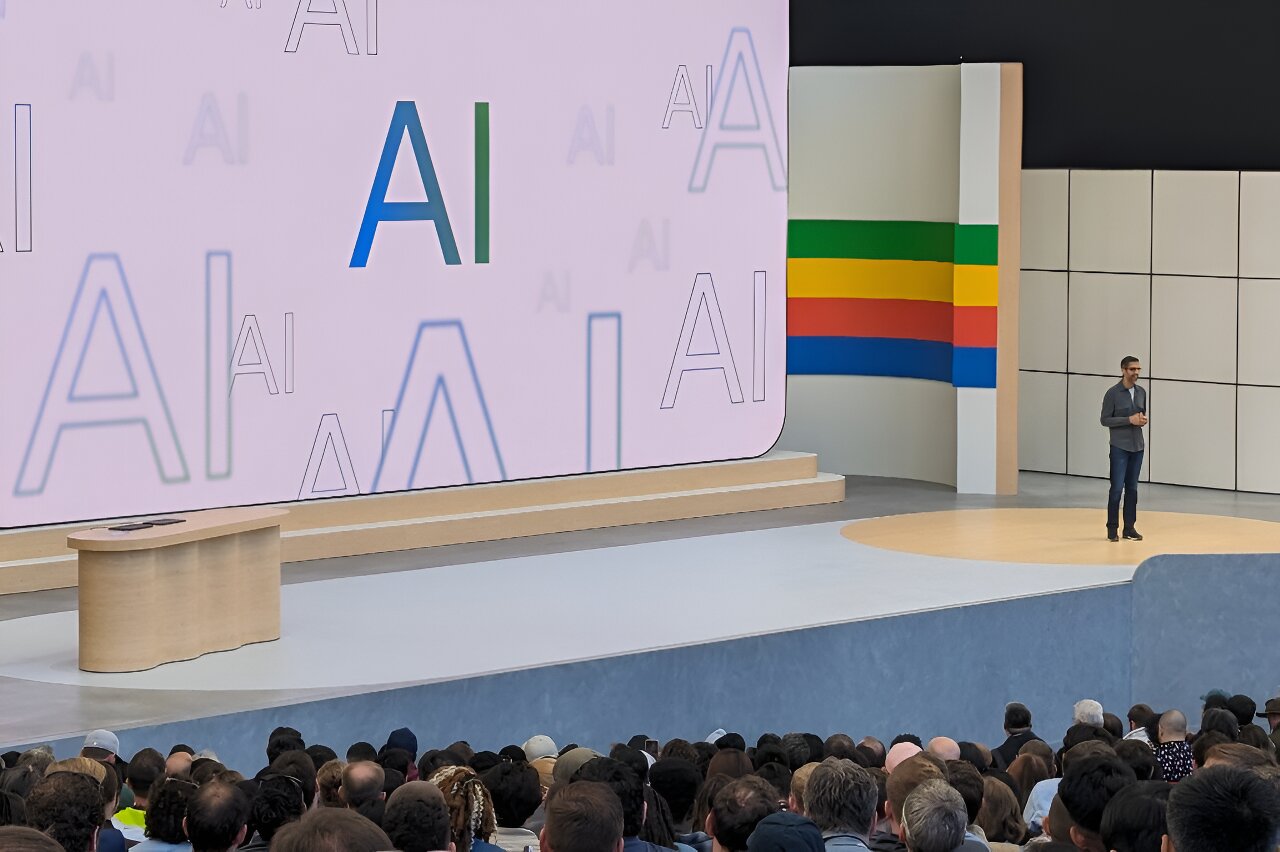
The search engine Google recently implemented an ‘AI Overview’ feature that is designed to summarize the search results of a user’s question. The AI Overview now pops up at the very top of the page with often unhelpful or factually incorrect information, replacing the typical links and data that used to make up this area.
Not only is the new feature distracting for many, the artificial intelligence has made a number of alarming mistakes during its debut month.
Pulling information from various sources on the internet means the AI is exposed to professional medical and news outlets, as well as user generated content on personal blogs, satirical websites, and social media.
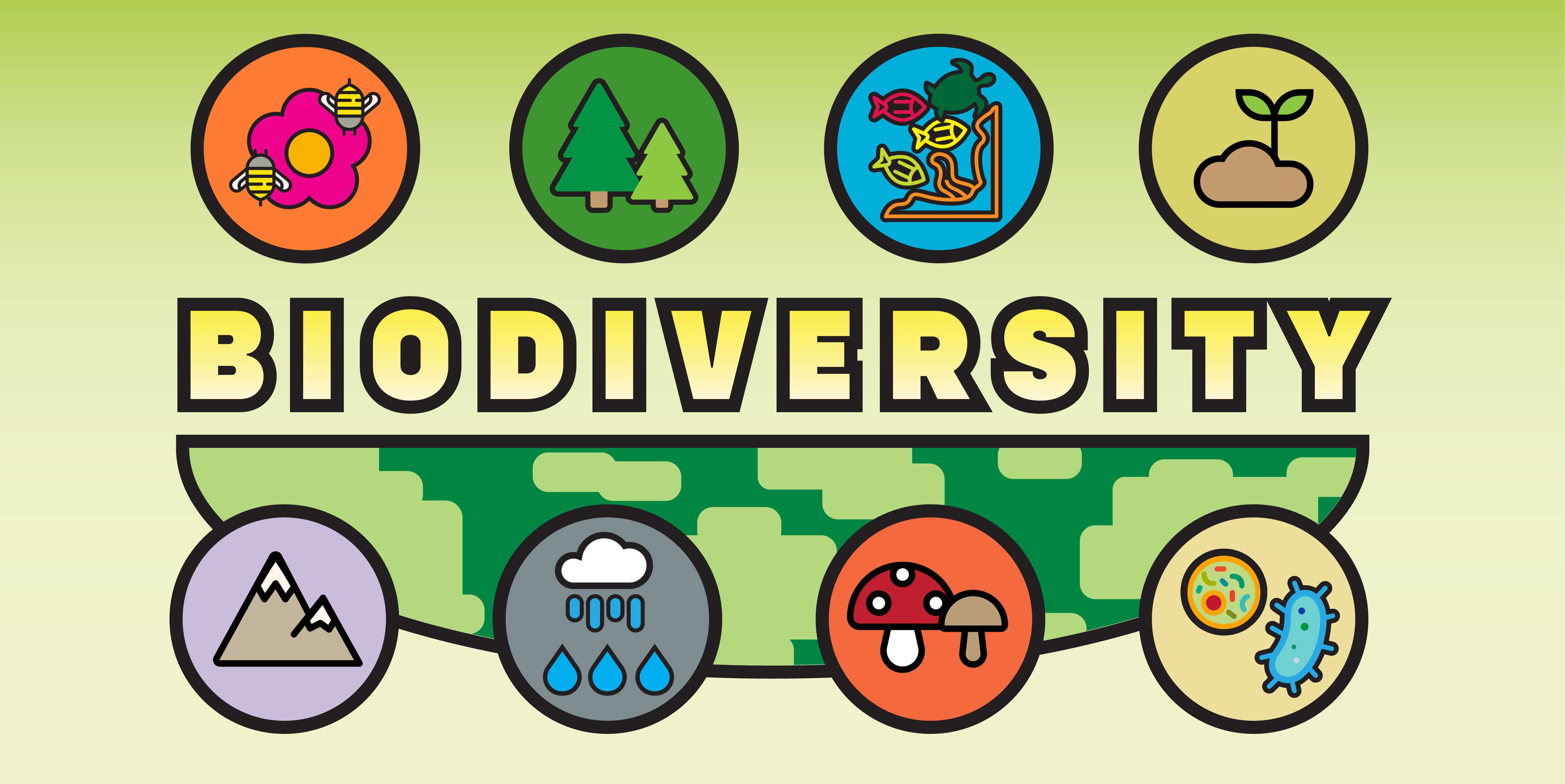
From plants and animals to fungi and bacteria, biodiversity is the remarkable variety of life on earth. Through its many forms and interactions, biodiversity performs valuable functions that support life itself, including humans. But as human activity is increasing the planet’s damage, we also face the risk of imbalanced ecosystems.
Biodiversity is the most complex system on our planet, as it provides plants, animals and humans with our most vital resources. It’s the sole responsibility of why we are here, and without it, there may be no future for humanity.
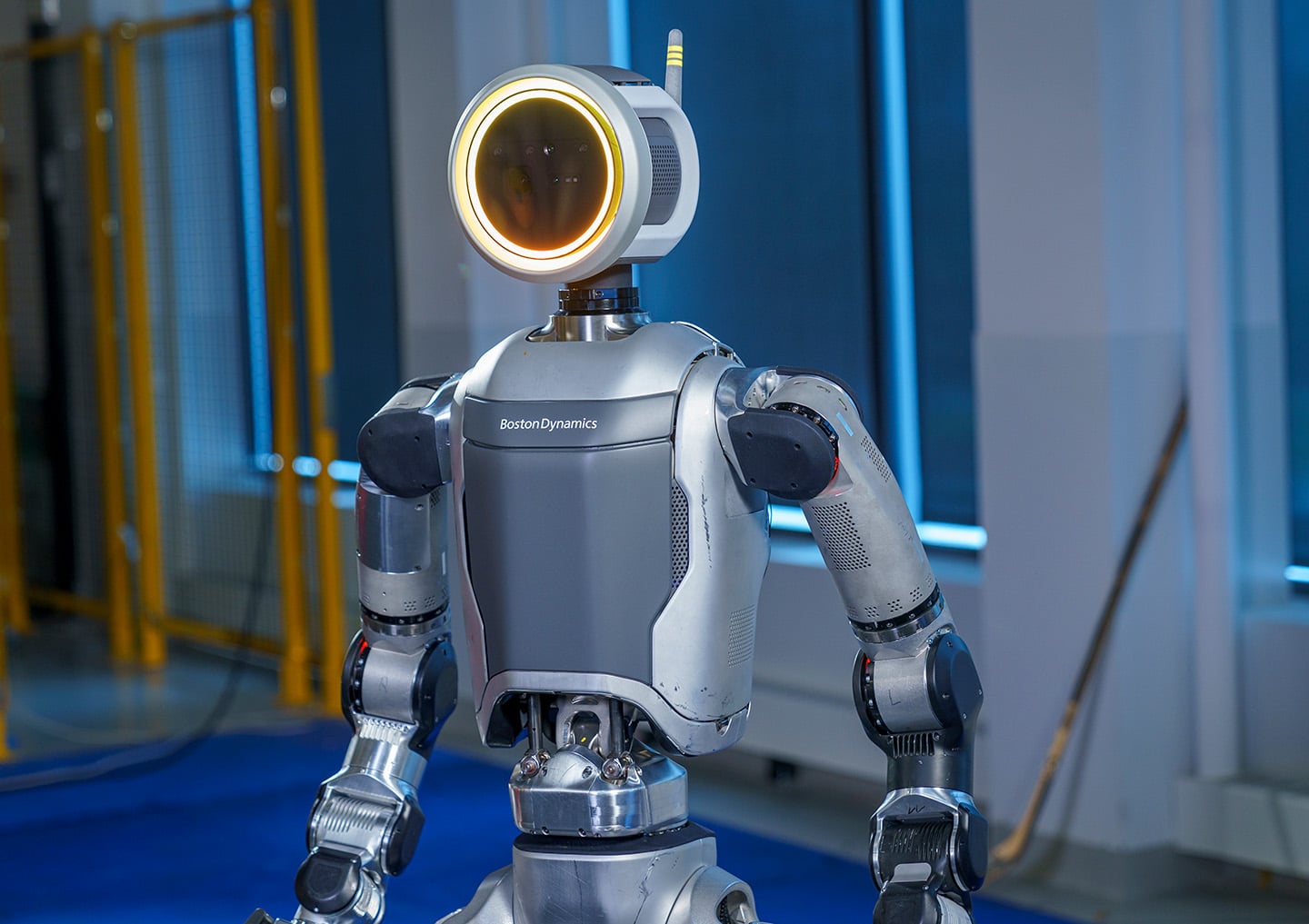
The company Boston Dynamics is the leader in the creation of dexterous robotics on a global scale. Their robots are revolutionary. Their robots can navigate. They can lift heavy objects. They can jump. But most importantly, they can dance.
Their first viral robot would be Atlas. Atlas is a hydraulic robot that stands on its own two feet. Atlas is a robot that walks, jogs, and jumps. With these abilities, Atlas is about to maneuver around. The power of Atlas’s hydraulics allows them to lift and throw objects, even to places above it. Atlas has dexterity, agility, and strength.

Virtual YouTubers (VTubers) are internet personalities who usually represent themselves through digital avatars. These avatars are typically in the style of anime. There are many different anime art styles and so there are consequently just as many styles for avatars.
These avatars have a few different methods with how they move. Most common would be Live2D. The most accessible are PNG-tubers. The most complicated of them are the 3D models. The avatars are controlled through either camera or trackers. Each of these methods has their pros and cons, it mainly comes down to preference.
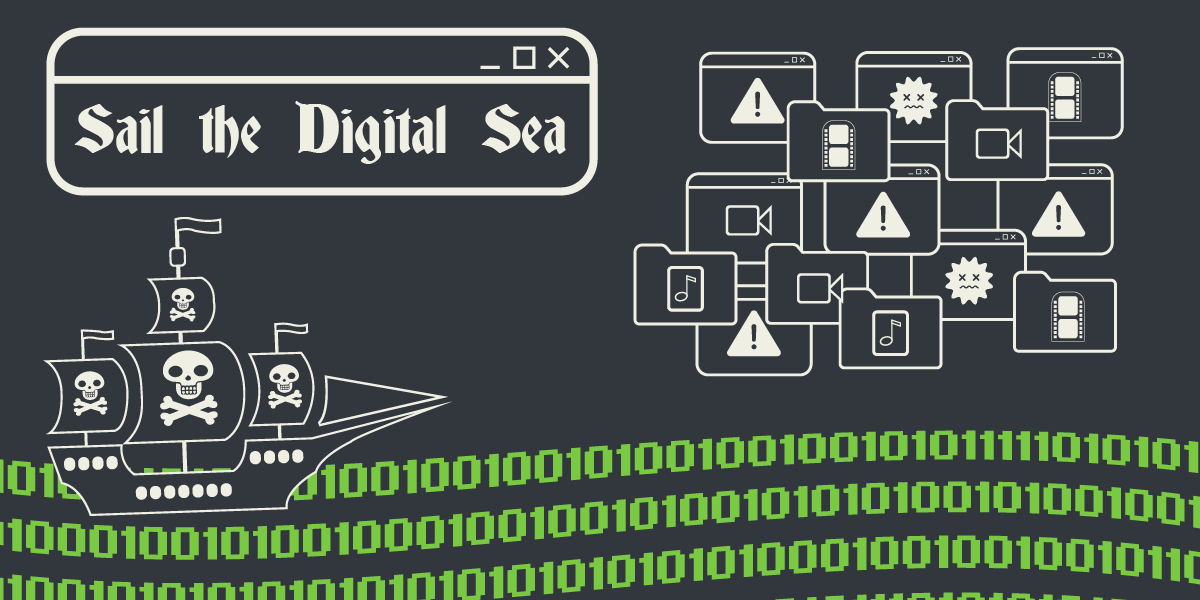
The internet is as vast as our oceans. The possibilities with the internet are endless. That means it’s susceptible to websites slipping through the gaps, primarily ones that aren’t so honest and legitimate. These websites lead to digital piracy. They host shows, movies, and premium content.
Digital piracy can be found in every corner of the internet quite easily if you know where to look. Of course, these websites aren’t supposed to be available, but in order to take them down, the original owners would need to go through a lengthy legal process. Even when they do get shut down, even more will pop up in their place.

Have you ever felt that your desk is a tad bland? Is your workspace feeling a little empty? Worry no more! Even your peripherals can be exciting, it doesn’t have to be black or white, instead it could be a rainbow. The possibilities are endless.
A desktop should be personalized to reflect you. Most people think about the inside of the computer, for its performance. It’s understandable you would want your computer to be fast and efficient. However, most people overlook the aspect of comfort. The furthest extent the average person would possess would be a wrist rest and a mouse pad.

It’s springtime! Most know it to be the season of bloom, however to a quarter of the population it is known as the season of gloom. A season surrounded by sneezes, runny noses, and itchy eyes.
The spring brings about flowers, trees, and fruit. On the other hand, it’s not all sunshine and rainbows, known primarily by a quarter of the population, its seasonal allergies. It is also known as “hay fever” and “allergic rhinitis”. The main cause of the fever is pollen, specifically tree pollen which kicks into high gear every early spring.
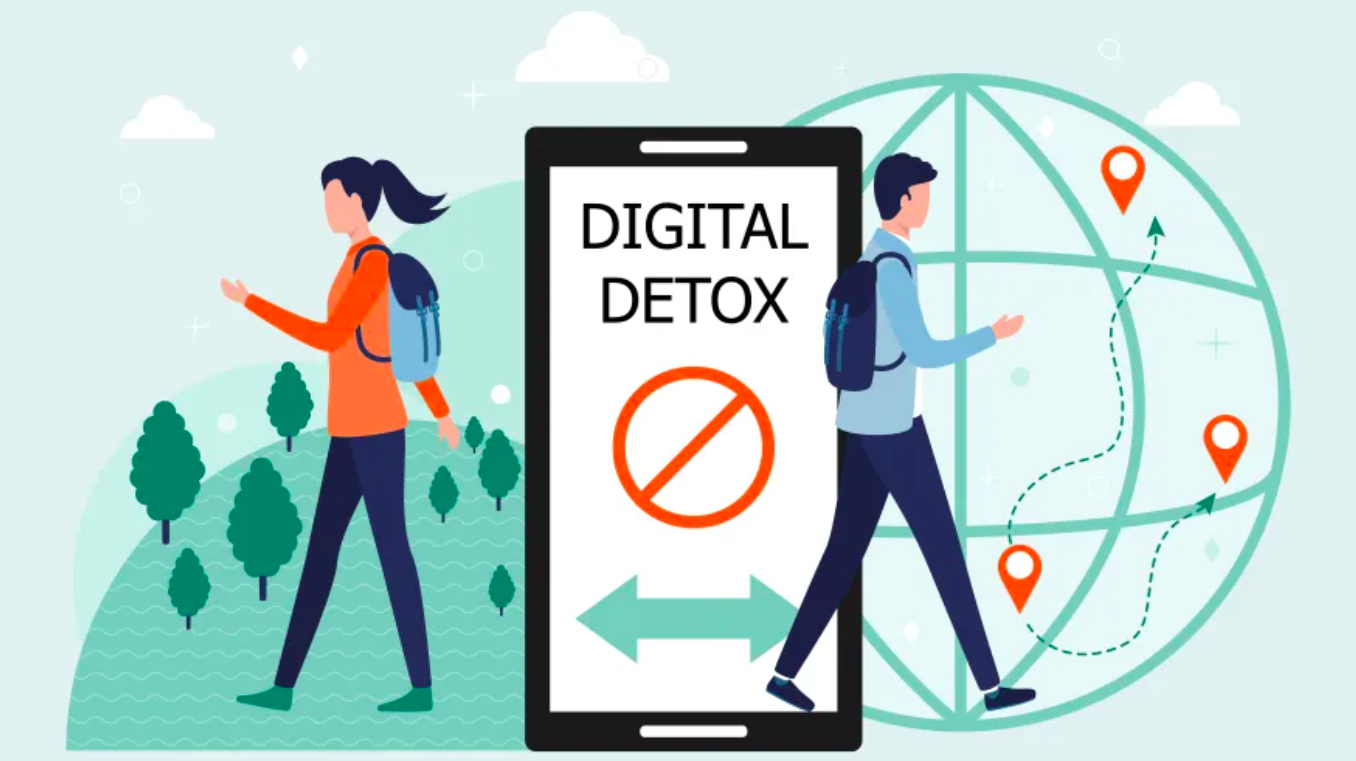
We are living in a digital age. With applications like TikTok, YouTube, Twitter, and more, trends are constantly coming and going. Although the digital detox trend might be here to stay, as it has become an increasingly popular millennial movement.
A digital detox is no new treasured insight, at least not to Facebook users who in 2012 made a collective attempt to break free from the taunting notifications of the app for several weeks. Although this moment was named as “media refusal” or “social media rejectors,” it was nothing short of this modern day act of improving well-being.
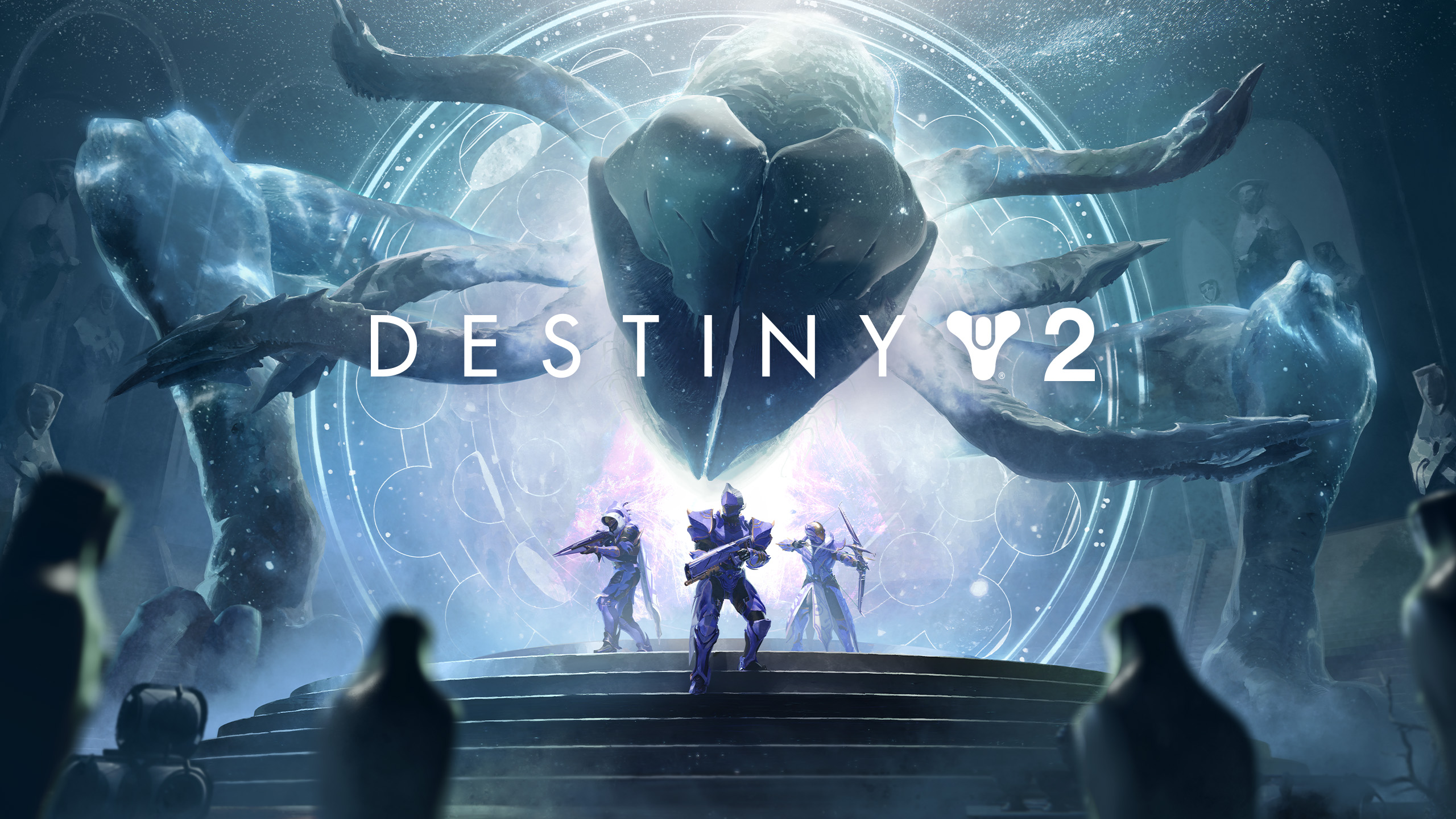
Video games have existed for decades and have quickly become a source of entertainment for people of all ages across the globe. Unfortunately with popularity, comes an increased rise in commercialization. In the case of video games, this commercialization comes in the form of many things, but microtransactions are the most prevalent.
Microtransactions are small in-game purchases that give the player either cosmetics and/or other content like level up packages or, on rare occasions, loot. They cost actual money, and oftentimes use an in-game currency as a go between. (Note that I said small in-game purchases.)

A rare total solar eclipse captivated millions across North America on Monday, April 8. The celestial spectacle, which lasted just over two minutes in the path of totality, offered a breathtaking display of nature’s grandeur.
Solar eclipses occur when the moon passes between the Earth and the sun, casting its shadow onto our planet. There are three main types of solar eclipses: total, partial, and annular. Monday’s event was a total solar eclipse, the most dramatic of the three, occurring when the moon completely blocks the sun’s light.
In the modern era, our dependence on technology has transformed the very notion of privacy into a quaint relic of the past. With smartphones as constant companions, our lives are an open book, ready to be dissected and monetized by algorithms and corporations.
Take for instance, a daily bus commute where you’re surrounded by a sea of screens, each one a window into someone’s digital soul. It’s truly a sight, watching as people surrender their privacy with every tap and swipe, all in the name of connectivity and convenience. Who needs personal space when you have Wi-Fi, right?

Artificial intelligence has been taking over seemingly every corner of the internet and free market. Airlines, search engines, and marketing firms are adopting it, and it seems like every service has a new AI feature to advertise. For the average consumer, is any of this even useful?
AI itself has been mainly behind the scenes for decades, whether it be a computer player in a video game or an algorithm of any kind. Its recent boom in popularity, however, was due to OpenAI’s Chat-GPT releasing in November 2022. Recent advances like these began the AI boom as we know it.

Decades ago, the topic of global warming lacked attention regarding basic research, funding, and societal interest. Today, the issue is increasingly gaining more awareness, as its impacts on our environment are becoming more prominent through sea-level rise, disastrous storms, increased drought, and even loss of species worldwide.
This world renowned debate first took place in the late 1980’s, where the issue was perceived as something that wouldn’t impact us for generations. Well, that day has come, and its effects on us as humans are evident in these strangely warmer temperatures, rapid weather changes, and especially poverty and displacement.
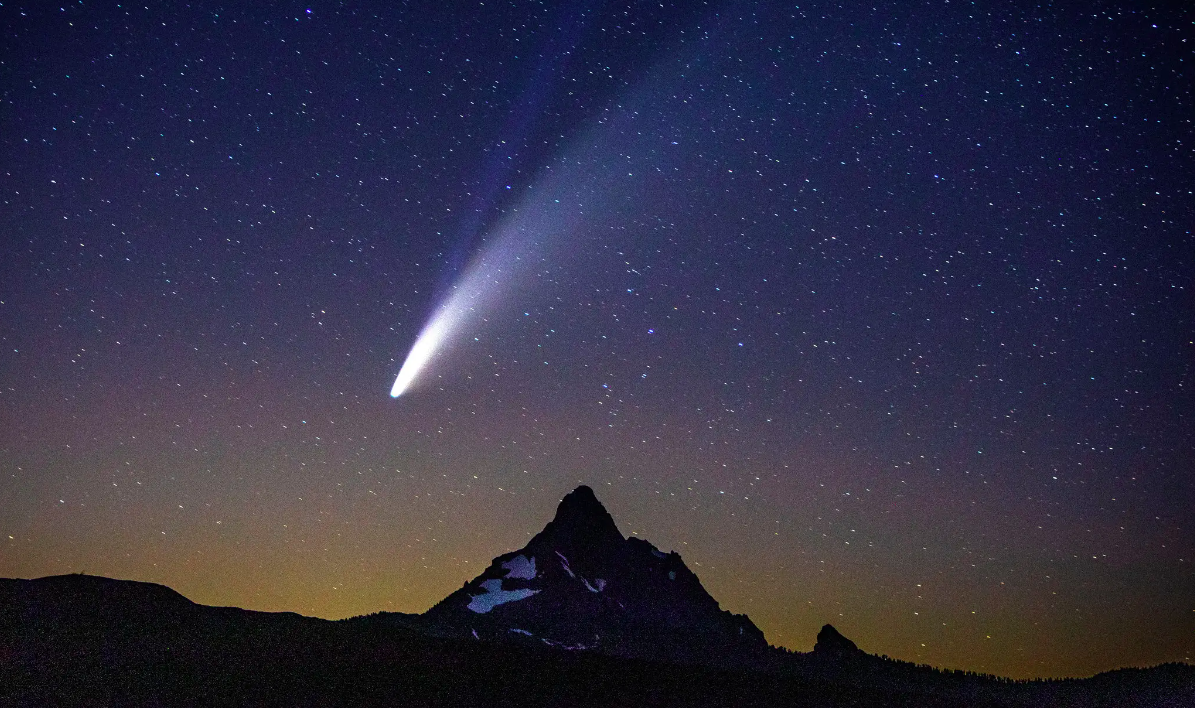
Do you ever look up in wonder, interested to know about all that fills the sky? Well, if you were to be paying attention at the right time and place you may be dazzled by a show put on by a mysterious space traveler – a comet.
Comets travel through the depths of space while continuing to intrigue and inspire scientists and skywatchers alike. Have you ever looked up at night and seen what you thought was a shooting star, but that star and its tail didn’t fade? You were probably witnessing a comet, which at times can be seen slowly moving across the sky.
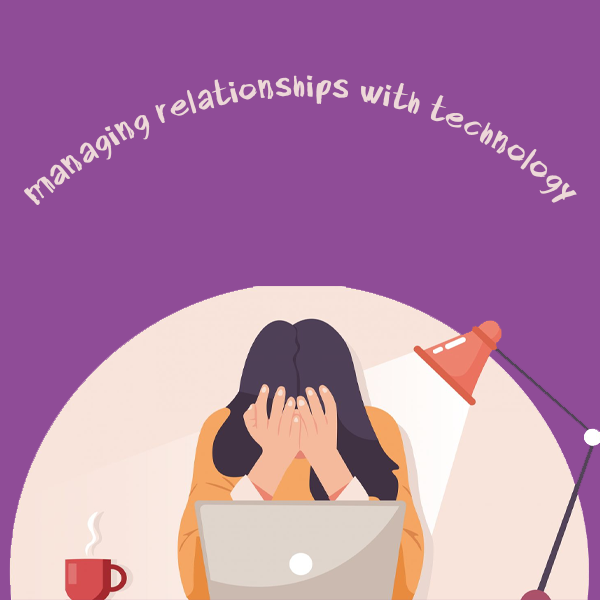
With new tech capabilities constantly on the rise, there’s little we can’t do without electricity, a wifi connection, and a few simple swipes of a finger. Technology has improved the way we live our lives in a myriad of way, yet we would be remiss to ignore the wealth of problems it has brought along with it.
Technology makes our lives easier as it allows us to stay uninterruptedly connected to the world around us. Yet, with its advancement continuously evolving, our engagement with our smartphones, laptops, fitness trackers, and other home devices is evolving as well.

Hey there Highline scholars, do you know how your body absorbs calcium, one of the important minerals for our bones? Calcium is a large mineral present in our body – it helps in strengthening bones and teeth. And although it is difficult to break it down through the digestive system, it plays a vital role in blood clotting.
Calcium bioavailability refers to the amount of calcium in a food or supplement that is absorbable and available for use by the body. It can vary depending on several factors, including the source of calcium and the other components present in the diet or supplement.
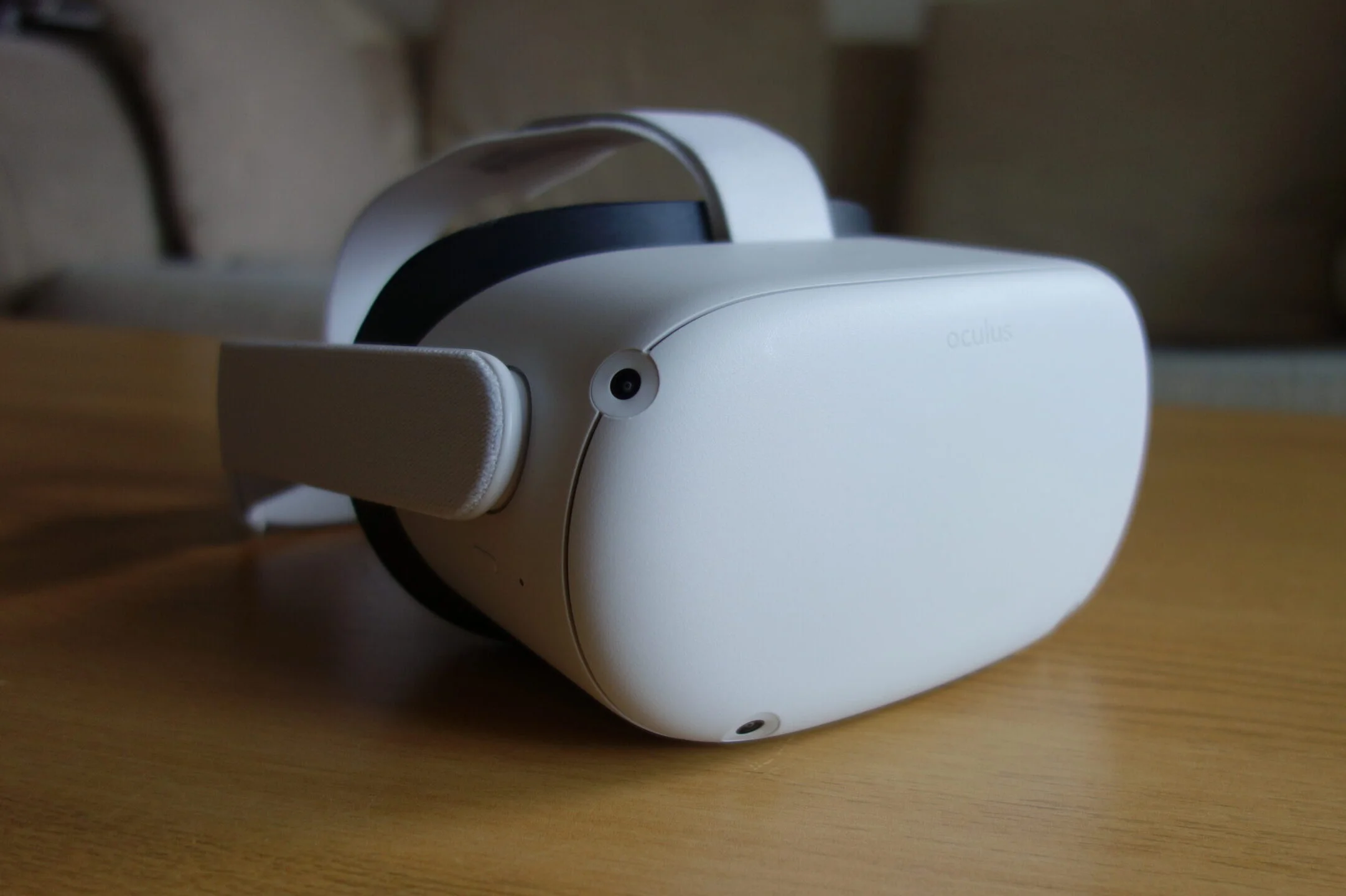
Metaverse 2, a virtual reality realm, offers a diverse experience allowing exploration of open worlds, participation in gaming challenges, and attendance at music concerts. Engage with a community building new worlds, make friends, and delve into endless possibilities and fun.
Let’s explore some features it provides without a gaming PC, followed by what unfolds. Within the metaverse, you can virtually travel to different states and countries, like an adventure in London, England, or the Bahamas provides a unique and immersive VR vacation.
